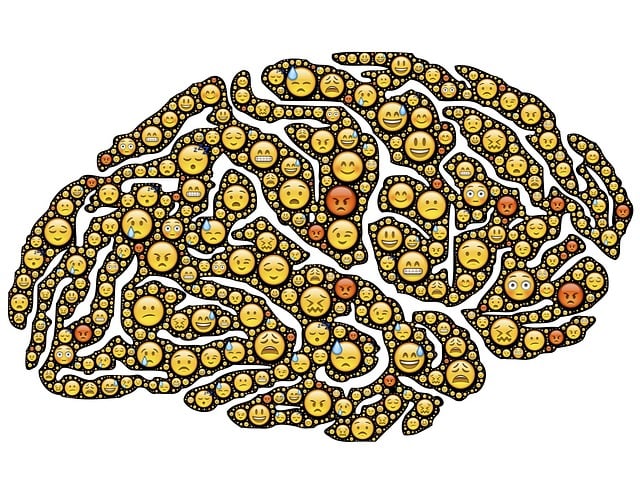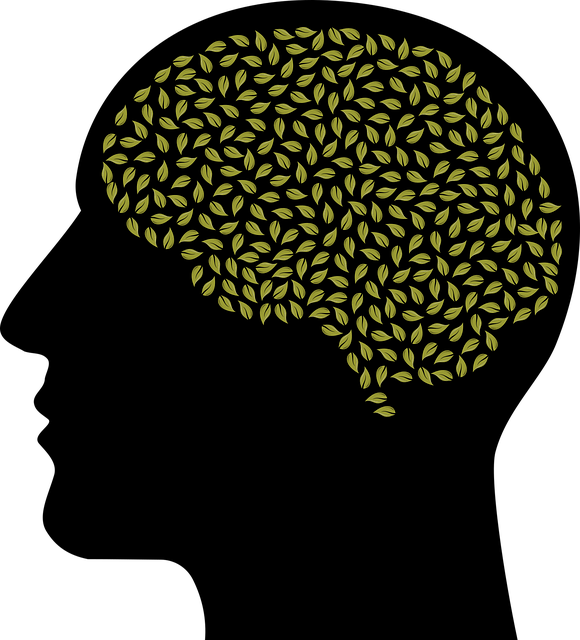Mental health data collection for young children with potential sexual addiction involves specialized methods like observations, parent interviews, and standardized assessments. Cultural sensitivity is key in adapting therapeutic approaches to address unique needs, promote growth, and enhance resilience. Advanced statistical and qualitative analysis techniques help identify hidden patterns, enabling early detection of sexual addiction and targeted interventions. Interpretive methods like cluster analysis and predictive modeling segment distinct populations, guiding personalized care plans. Ethical considerations and privacy protection are paramount, with cultural competency training essential for inclusive care. Applying data-driven insights improves therapy strategies by personalizing interventions, incorporating effective coping mechanisms, and fostering proactive treatment environments.
Mental health data analysis is a powerful tool in understanding complex issues affecting young children. This article delves into critical aspects of mental health data collection, focusing on sexual addiction in childhood. We explore advanced interpretive techniques to uncover hidden patterns, discuss ethical considerations and privacy in data handling, and demonstrate how insights can be applied for effective therapy strategies, particularly for young children grappling with sexual addiction.
- Understanding Mental Health Data Collection for Young Children
- The Role of Analysis in Identifying Sexual Addiction in Childhood
- Interpretive Techniques to Uncover Hidden Patterns
- Ethical Considerations and Privacy in Data Handling
- Applying Insights for Effective Therapy Strategies
Understanding Mental Health Data Collection for Young Children

Understanding mental health data collection for young children is a complex yet crucial task. Early childhood marks a critical period for brain development, making it essential to capture and analyze their emotional and behavioral patterns accurately. The process involves various methods tailored to this unique demographic, such as observations in educational settings, interviews with parents or caregivers, and standardized assessment tools designed specifically for young minds. These data collection techniques aim to uncover not only common mental health concerns like anxiety or depression prevention but also to identify potential issues related to trauma, social-emotional challenges, and even emerging signs of sexual addiction.
Cultural sensitivity in mental healthcare practice plays a pivotal role here. Recognizing the influence of cultural background on a child’s mental well-being, therapists adapt their approaches accordingly. Incorporating strategies for building inner strength development can be particularly beneficial. By addressing these children’s specific needs with culturally sensitive therapy for young children, professionals can ensure that data analysis results in effective interventions tailored to foster healthy growth and resilience.
The Role of Analysis in Identifying Sexual Addiction in Childhood

Mental health data analysis plays a pivotal role in identifying and addressing sexual addiction in childhood, a complex issue that requires nuanced understanding. Through advanced statistical techniques and qualitative insights, professionals can uncover hidden patterns and trends within large datasets, enabling them to develop targeted interventions for at-risk young individuals. By analyzing factors such as behavioral patterns, traumatic experiences, and social dynamics, mental health analysts contribute to the early detection of sexual addiction, which is crucial given its potential long-term impact on a child’s mental wellness.
This process involves not only identifying symptoms but also understanding the underlying causes, which are often complex and interrelated. The development of effective therapy for young children with sexual addiction relies heavily on these insights. Mental wellness coaching programs designed specifically for this demographic focus on enhancing self-awareness exercises and promoting positive thinking as part of their therapeutic approach. This holistic strategy ensures that children receive comprehensive support to address the root causes, fostering healthier development and improved mental health outcomes.
Interpretive Techniques to Uncover Hidden Patterns

In the realm of mental health data analysis, interpretive techniques play a pivotal role in uncovering hidden patterns within complex datasets. By employing advanced statistical methods and qualitative approaches, researchers can gain profound insights into various aspects of mental well-being, including therapy effectiveness for young children and adults grappling with sexual addiction. Techniques such as cluster analysis and predictive modeling enable the identification of distinct populations and their unique needs, fostering more personalized treatment plans.
Moreover, conflict resolution techniques and emotional regulation strategies emerge as valuable tools in interpretation. Public awareness campaigns development centered on these themes can significantly impact mental health discourse, reducing stigma and promoting proactive care-seeking behaviors. Through meticulous data delving, professionals can identify underlying conflicts or emotional dysregulations, leading to more effective interventions tailored to individual circumstances.
Ethical Considerations and Privacy in Data Handling

In the realm of mental health data analysis, ethical considerations and privacy play a pivotal role, especially when delving into sensitive areas such as therapy for young children and sexual addiction. As researchers and healthcare providers collect and interpret data, it’s imperative to navigate complex ethical terrain to ensure the well-being and confidentiality of clients. The handling of intimate details requires stringent safeguards to maintain trust and foster a safe environment for vulnerable populations.
Cultural competency training for healthcare providers is essential, as it enables them to approach diverse client backgrounds with sensitivity and understanding. This training can mitigate potential biases and ensure that data collection and analysis are conducted in an inclusive manner. Additionally, integrating practices like mindfulness meditation and resilience-building techniques can support both the clients and the professionals involved, enhancing overall well-being while navigating the intricacies of mental health interpretation.
Applying Insights for Effective Therapy Strategies

Applying insights from data analysis can significantly enhance therapy strategies for young children struggling with sexual addiction. By understanding patterns and trends within the collected data, healthcare providers can tailor interventions to address specific needs. For instance, identifying common triggers for distress or relapses can help in designing personalized treatment plans that incorporate effective coping mechanisms. This approach ensures that therapy is not only targeted but also culturally competent, catering to each child’s unique background and experiences.
Moreover, integrating data-driven insights into clinical practice promotes continuous improvement in treating sexual addiction among youth. Healthcare providers can adapt their techniques based on what works best for individual patients, fostering a more responsive and effective therapeutic environment. This, coupled with stress management and mood management techniques taught during cultural competency training, empowers both the healthcare provider and the patient to navigate challenges proactively, ultimately improving outcomes for young children seeking therapy.
Mental health data analysis plays a pivotal role in understanding complex issues like sexual addiction in childhood. By employing advanced techniques to interpret hidden patterns, professionals can develop tailored therapy strategies for young children. Balancing ethical considerations and privacy is essential, but the insights gained enable more effective treatment approaches. This comprehensive overview highlights the significance of data-driven methods in addressing mental health challenges, especially in the context of sexual addiction among youth, paving the way for innovative and compassionate therapeutic interventions.










